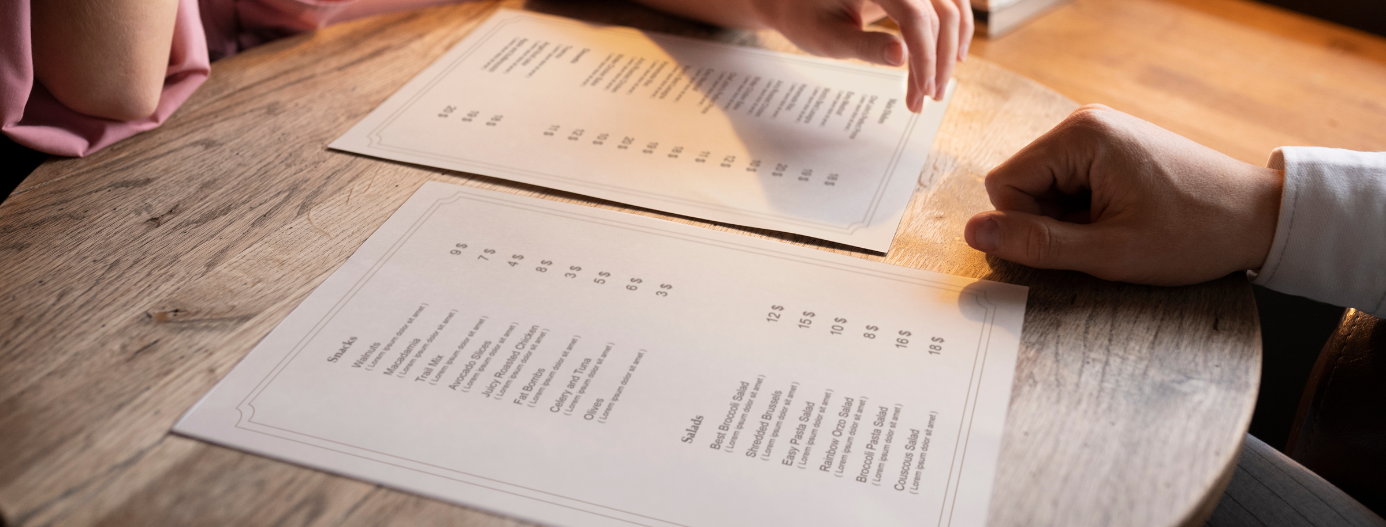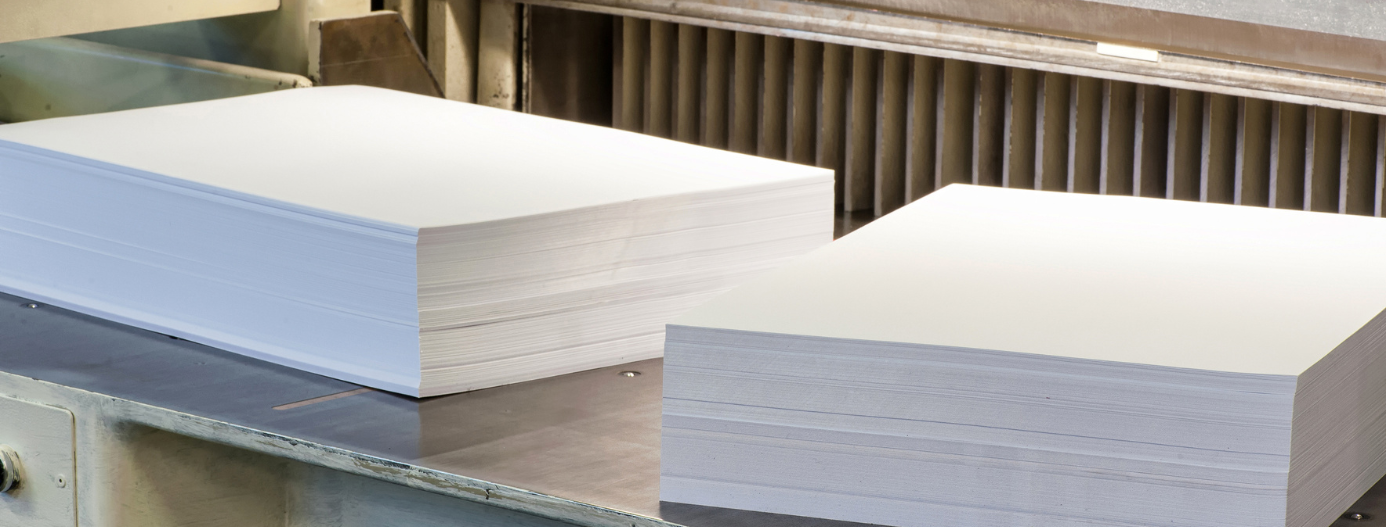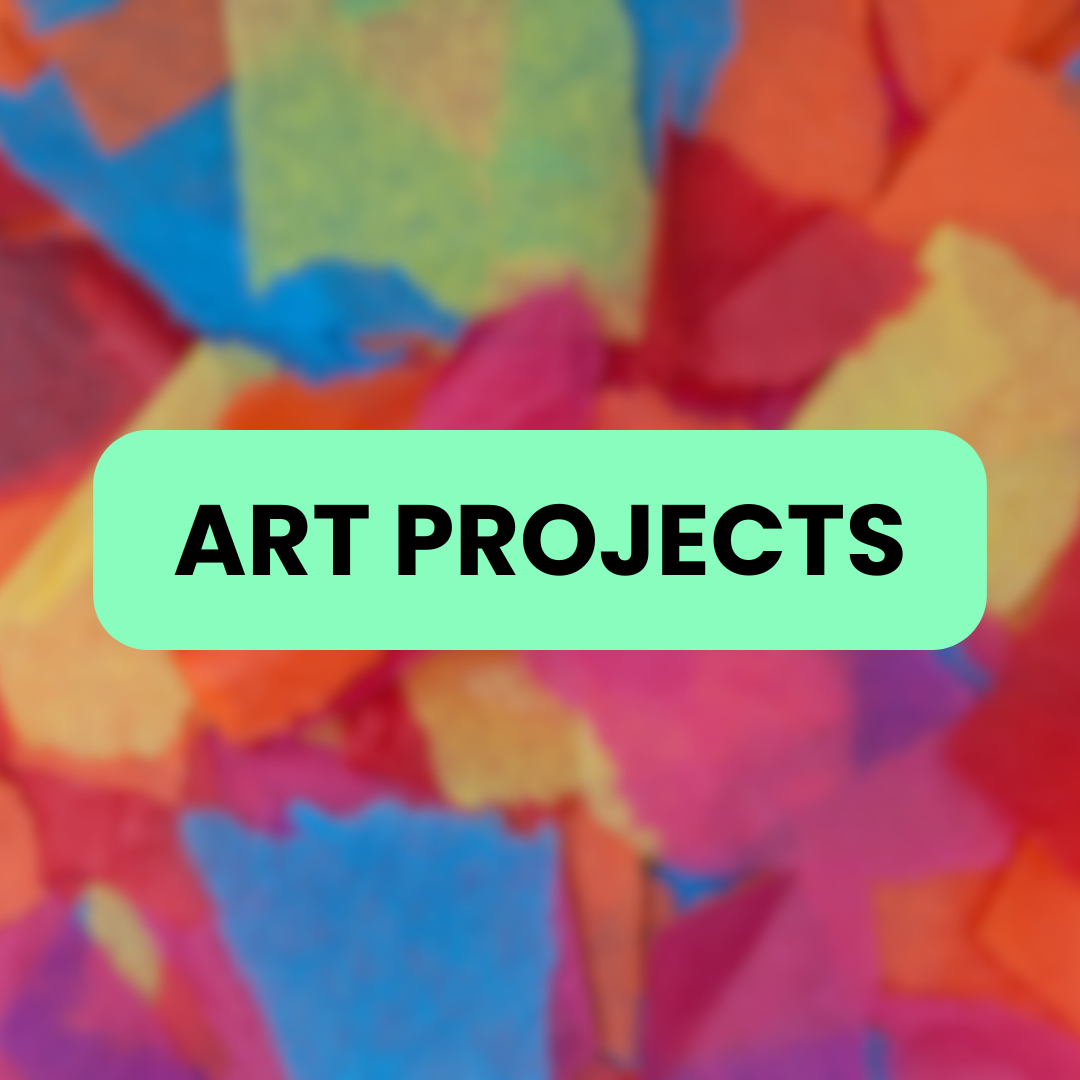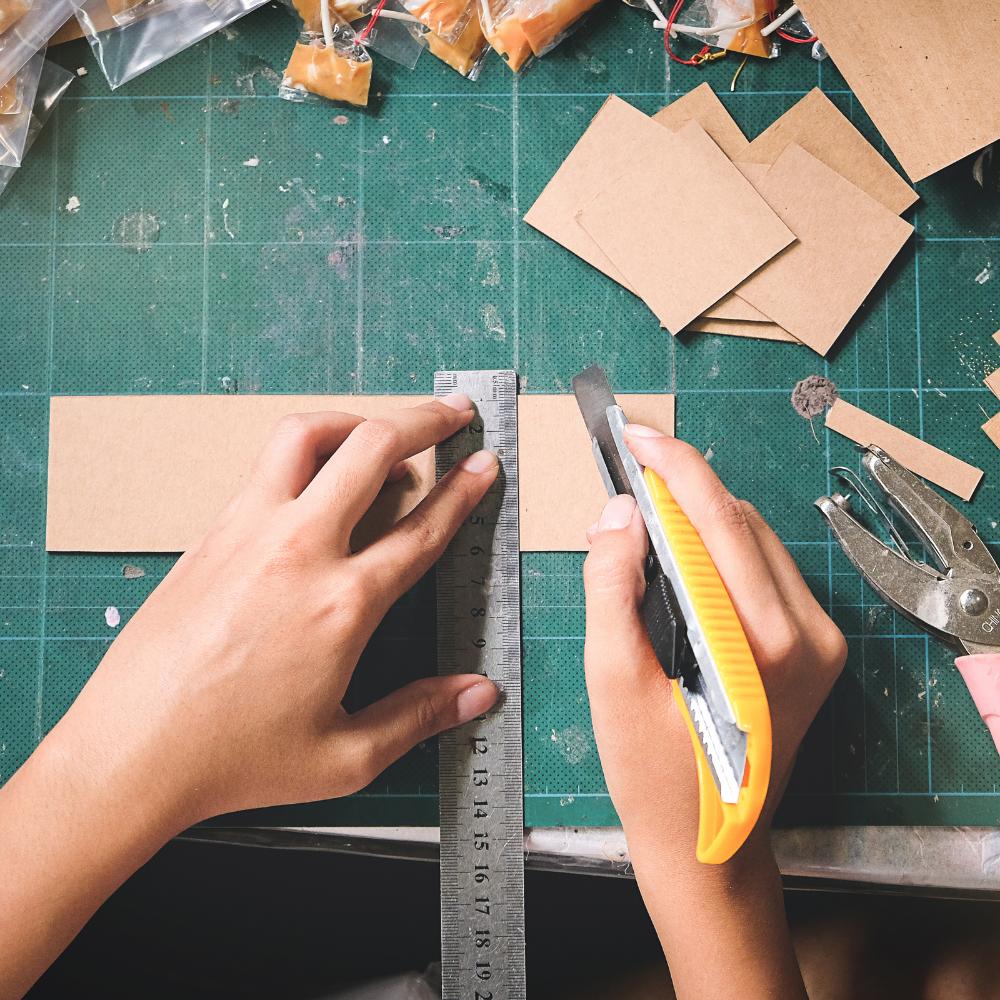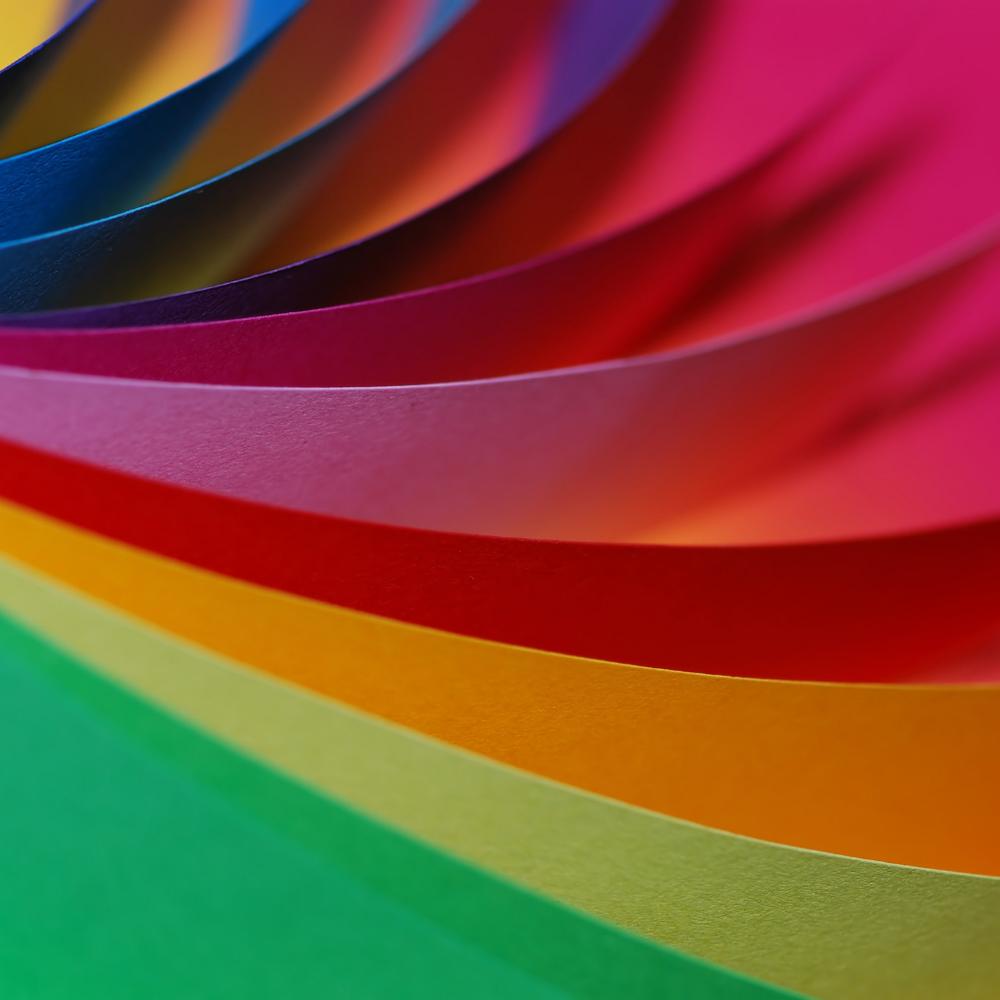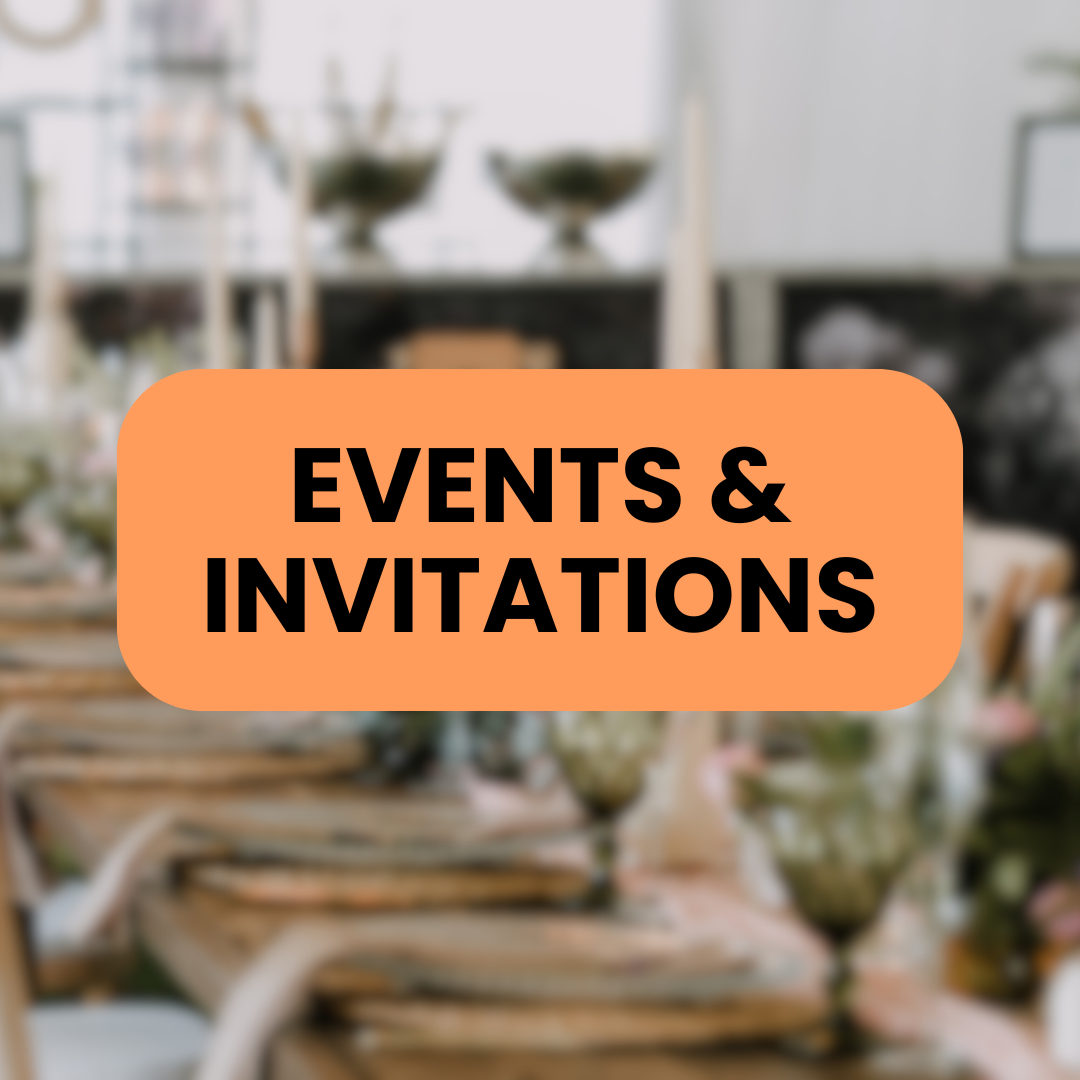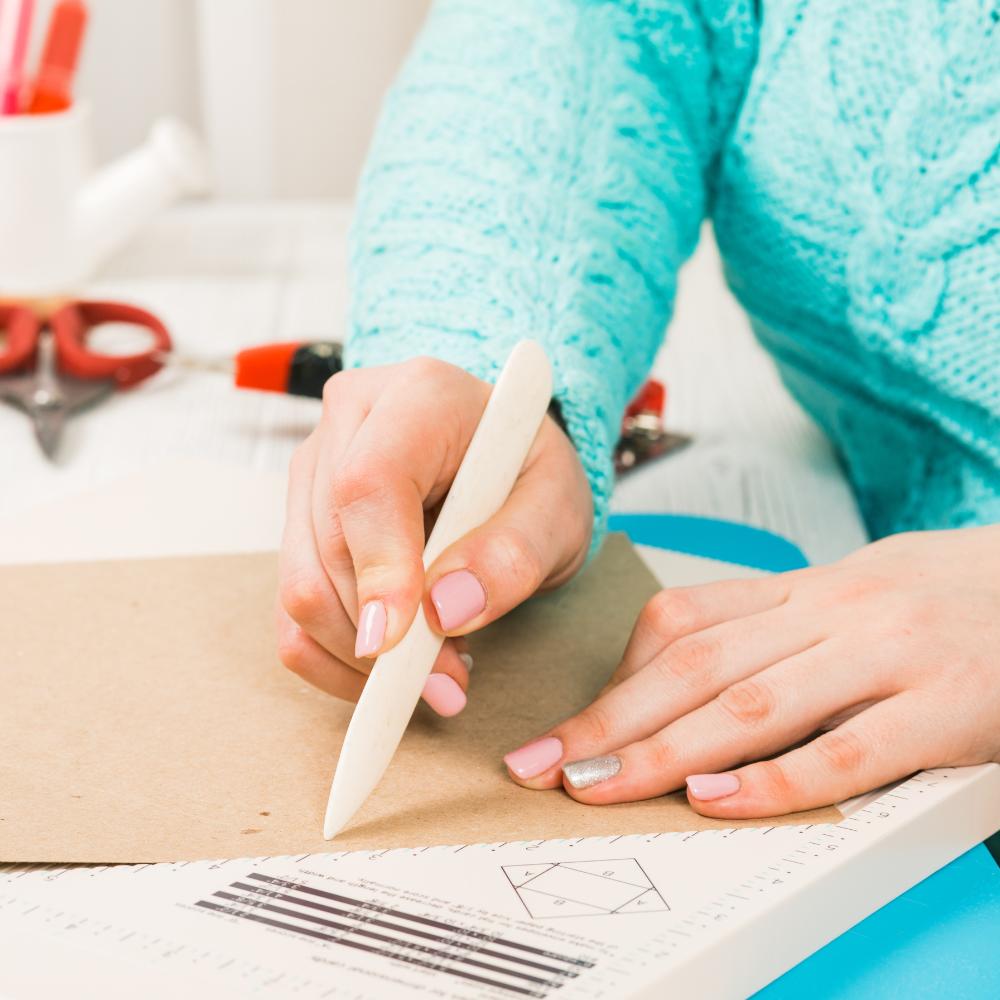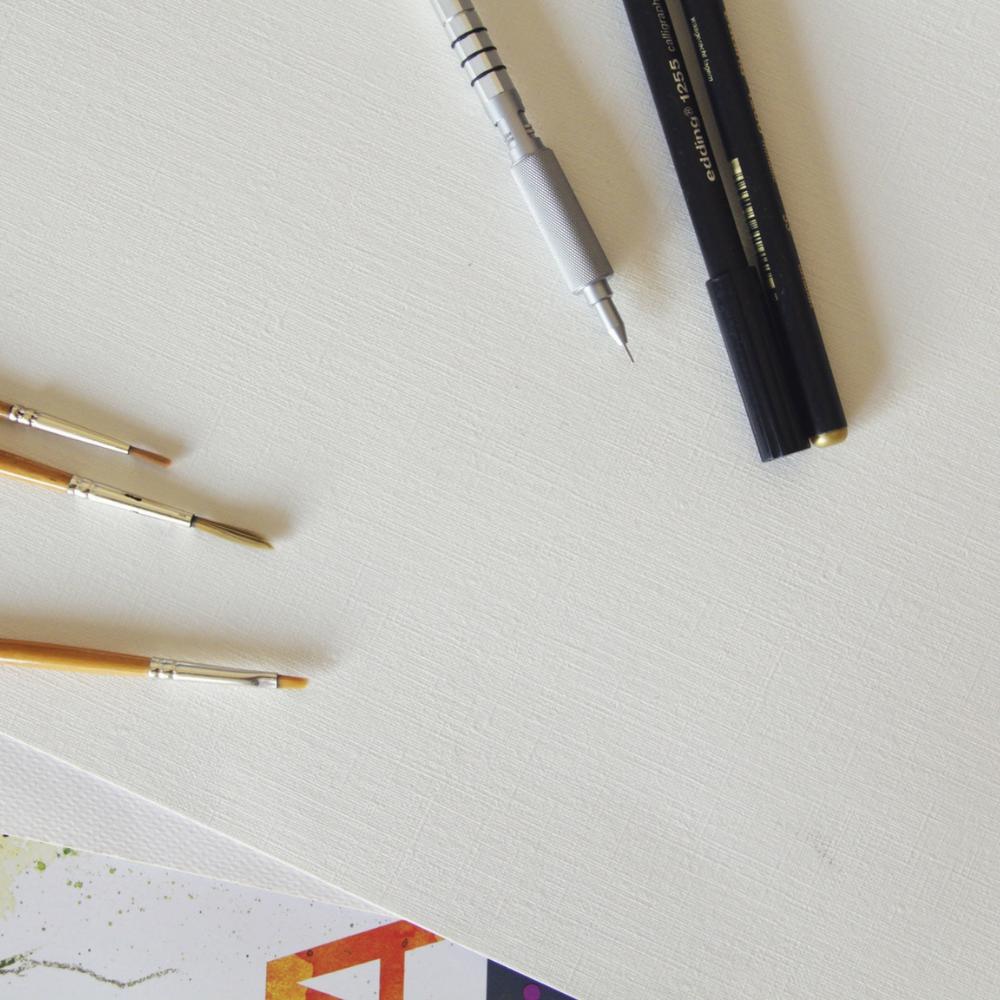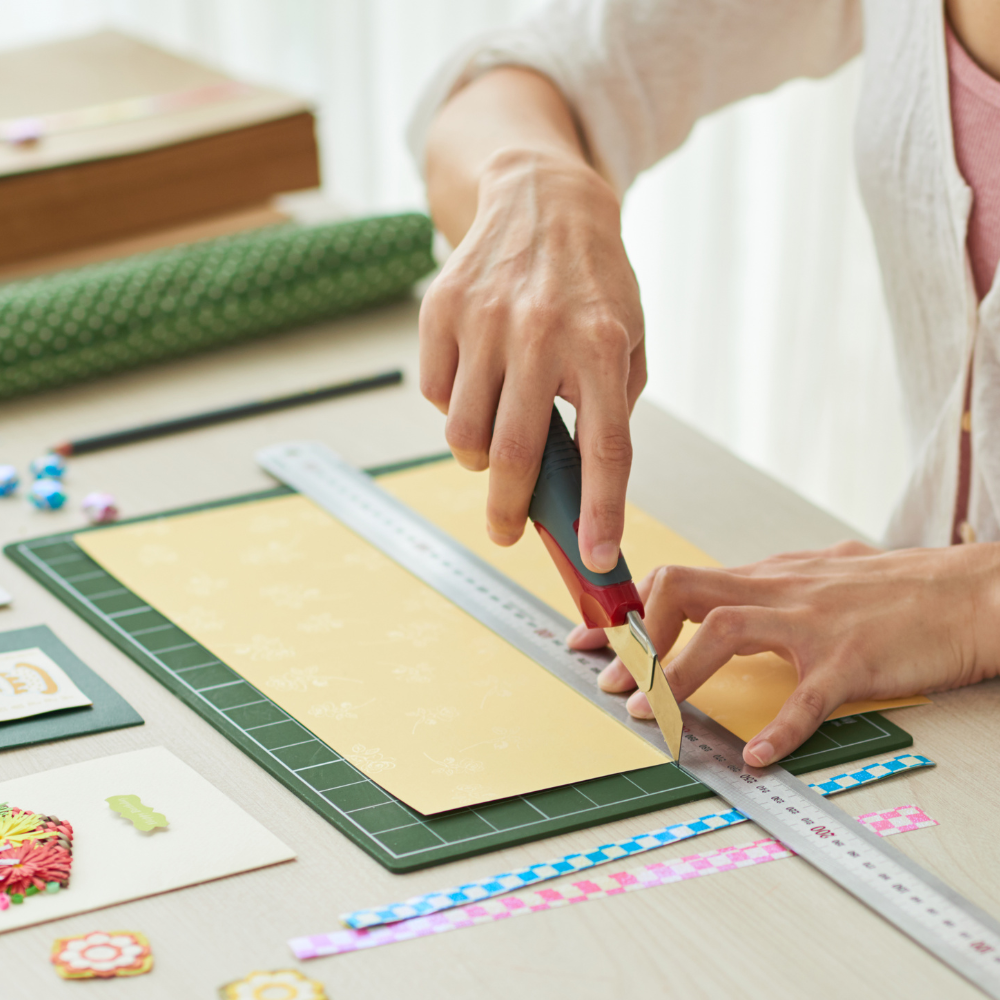Screens Or Books, What To Choose?
If you are someone who has grown up reading a lot of books, there is a high chance that you will find it difficult to switch to screens. Regardless of the amount of reading we already do through our phones and computer screens every day for work or entertainment, when it comes to reading a book a physical book made out of paper has a much different experience to that of a PDF on a reading gadget.
There is something very grounding about holding a book and turning its pages while soaking in the information that we gather from a book that cannot at any point be compared to a screen displaying the same words in the same manner. Due to one reason or another you might already have decided on a preference that works best for you.
But, at ThunderBolt paper, we would love to throw some light and discuss how one medium of reading that includes books or other material made from paper compares to various screens and gadgets found constantly around us. Here are a few pointers to discuss between the two mediums to help you decide.
The skimming
One of the most peculiar things that has happened with screens and gadgets making their way into our reading habits is that the brain usually doesn't focus completely on the text and tends to skim through it.
This means the amount of focus and undivided attention a text may demand if you are reading it on the screen, it's highly likely that you may not read it with the same amount of attention you will give a book or a piece of paper.
Our brain tends to skim through the text while reading on a screen, making it difficult to retain properly or recall later. You may even find yourself reading a lot faster than you read books while reading from a screen, but that also means you will not be able to fully absorb the information.
The reading process
You may find that reading anything digitally on a phone, laptop or e-book reading device allows you to carry your reading material around with you without taking up too much space or weight of carrying multiple books.
As an additional advantage, you may also find embedded meanings or hyperlinks in your text that allows you to dive deeper in the topic of your choice. But of course that also means less distractions in the form of notifications if you are connected to the internet and hyperlinks that may distract you from your main subject.
You may even lose track of where you're reading or which page you left reading on a digital device, which does not allow us to form a memory palace or visual framework of the reading helping us absorb and remember reading in the top right corner on the Page 36 when we come back to it.
The wide awake effect
One of the most important ways that a book is a much more helpful tool for reading is because it helps the brain relax and let go of the stresses by focusing on the text as needed. This may be the reason that reading is suggested by doctors as a before bed activity to induce relaxation and promote falling asleep.
Screens on the other hand emit blue light to your eyes that makes the brain confused into thinking it is still daylight and thus it remains active or makes it harder to relax. This is why you will notice that after a day of excessive screen time, you have trouble falling asleep or may not even experience restful sleep.
So anyone who spends a lot of time reading or even texting using a screen may find their sleep to be affected adversely by it and thus disrupting the process of restful sleep, leading to unproductive learning for the next day.
Only when you get to reading, no matter which medium, do you realize the absolute pleasure this activity can be. As long as you enjoy reading and learning through text, you must find what suits you and your needs the best. Have you read any books recently? Tell us about your favorite books in the comments.


